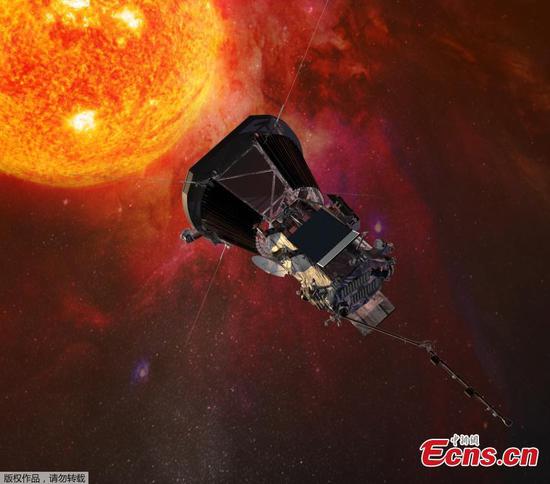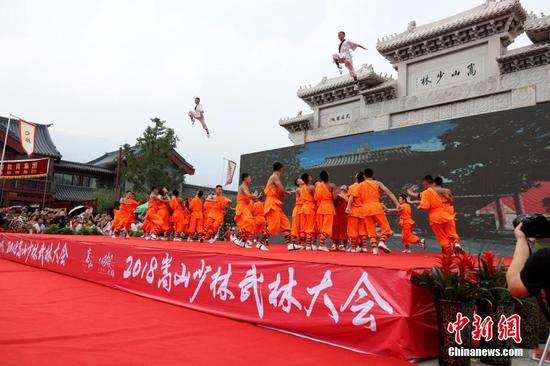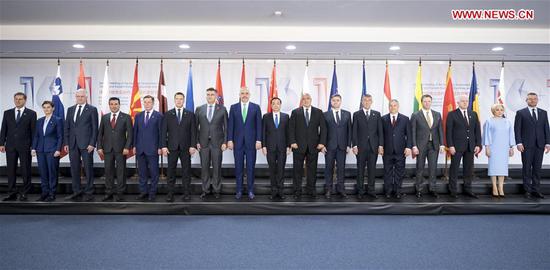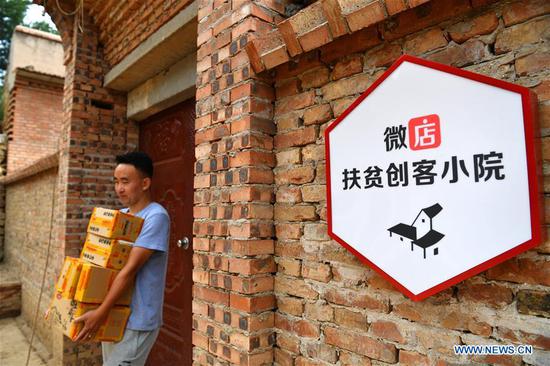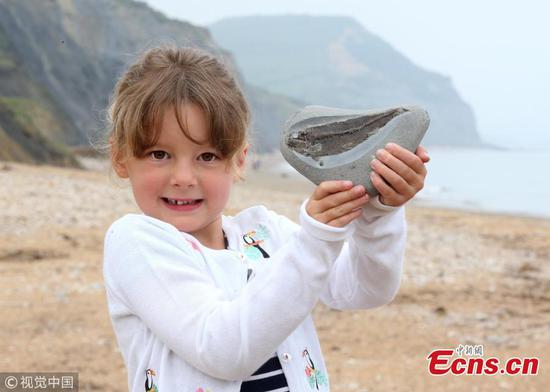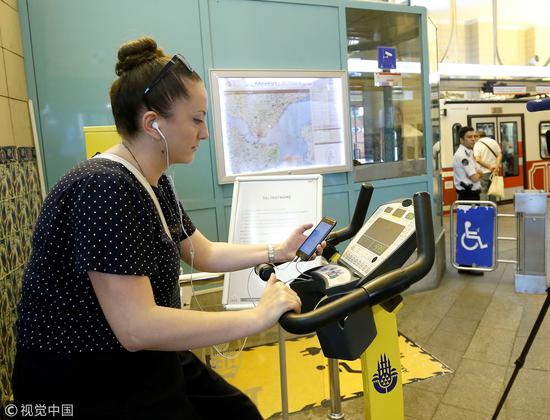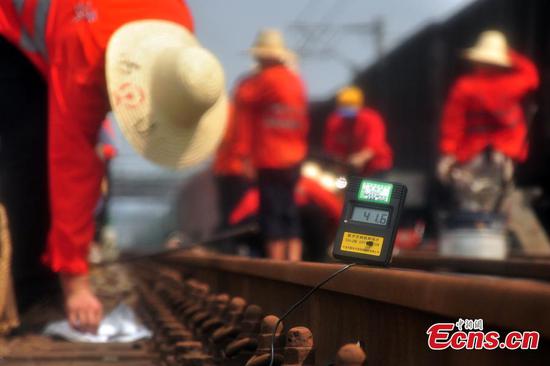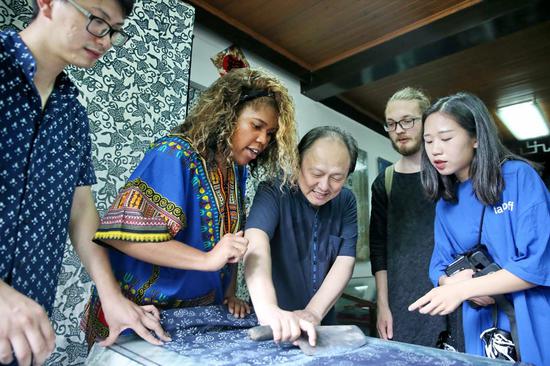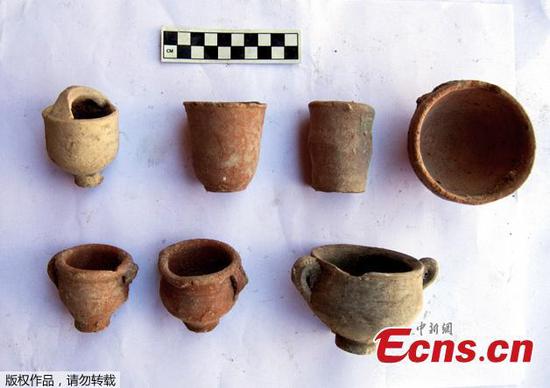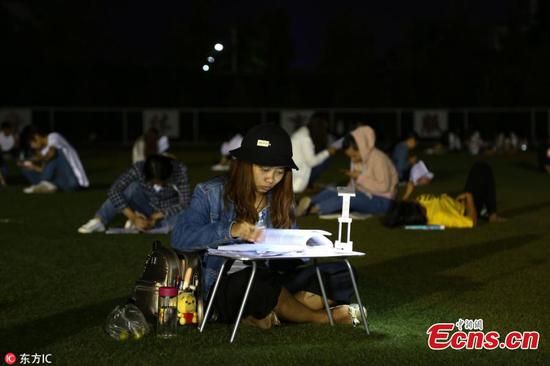Large number of applications for devices expected to hit next year
A large number of applications to get market approval for medical devices that employ deep learning, a subset of artificial intelligence, are expected to be filed next year, but full commercialization of the products is not necessarily within easy reach, China's top medical device regulator said at a news conference last week.
Based on communications with AI companies and conventional medical companies that are charging into the AI field, it is predicted that applications for such devices will soar next year, said Sun Lei, head of the Center for Medical Device Evaluation.
"2018 is very likely to be the year for AI medical devices," he said.
Sun cited the example of the booming medical 3D printing industry last year.
"We project a similar trajectory for AI-the number of applications will increase a year after a fledgling technology becomes a hot spot for investment and news headlines," he said.
However, there's still a long way to go for AI systems to be legitimately used in the country's healthcare system.
According to Sun, it usually takes a year to get market approval for a new medical device in China.
"The law stipulates that we must issue an initial report within 90 working days after the application is received, but it's common that companies are required to provide more supporting materials or clinical data after their first-round trial," he said.
To better evaluate novel devices, the center recently formed a team to create a regulatory framework for AI medical devices, said He Weigang, a division director.
The team is working on issues such as how to evaluate the success of clinical results, he said.
Regarding the AI medical devices featuring deep learning that have been spotted in hospitals, he said they are all at the experimental or innovation stage.
"We have been staying in touch with the developers to keep track of their methodology, data collection and trial results, so when an application eventually arrives, it's easier and quicker to assess," He said.
The center set up a team of experts in 2017, using researchers and professionals from hospitals to help cope with rapidly developing technologies, including AI. Frontline researchers know best, "so it's quite helpful to have them on board", Sun said.
After a device is approved, the State Drug Administration is charged with monitoring its stability and quality.
"The administration encourages a full cycle of regulations for medical devices, and though our primary concern is market approval, we also work on monitoring over the long run," He said.
The domestic market for AI medical devices reached 13 billion yuan ($1.95 billion) in 2017, a year-on-year increase of 40.7 percent, according to a report recently released by the Beijing Commission of Economy and Information Technology.
It's expected that the market value will exceed 20 billion yuan by the end of this year, accounting for roughly one-fifth of the AI industry.
He said that efforts to incorporate AI into medical devices seem to concentrate on medical imaging diagnostics, including for eyes, lungs and chest.










